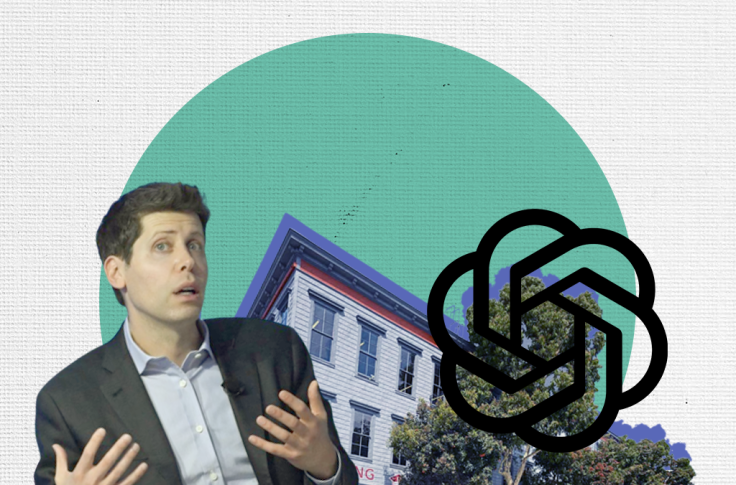The past few days have seen OpenAI get the spotlight as major changes rocked the whole AI industry.
OpenAI co-founder and CEO Sam Altman was ousted from his position and then invited back for reinstatement. The company went through three different CEOs in under a week.

Now he's working under Microsoft's new AI project, while over 700 OpenAI employees are threatening to resign if its board members do not step down.
As said, a lot has happened.
Several tech giants have already involved themselves in the chaos since then, looking for chances to benefit from the startup's fallout.
With the company having its own version of the "Game of Thrones," many anticipate how the results of the leading AI firm's struggles will affect the growing industry.
Change in OpenAI's Directions
If there is one thing certain in the recent power struggle, it is that OpenAI will never be the same after.
The removal of Altman shows the existing rift between the company's perception of AI use and application.
There is the side of people like Altman who push rapid development and distribution of AI tools to test their capabilities and limits in real-time scenarios.
Then there is the board of directors that sees Altman's leadership as a high-risk gamble, preferring isolated development before releasing the product for mass consumption.
Whoever is left to pick up the ashes in the end, the company will have a clearer vision of its purpose and scope.
OpenAI was first established as a non-profit group in partnership with billionaire Elon Musk in 2015. Back then, generative AI was still in its infancy and the company's main goal was just to create more advanced language models.
Now that government bodies have started to intervene and regulate the limits of AI, the tech startup faces new responsibilities for the future of AI.
With the human face of generative AI out of the picture, there is the possibility that the company will finally put a foot out of the gray field in its stance on AI as a commodity.
Whether that will be good or bad for the company and its consumers will be seen in the near future.
Impact to the AI Industry and Innovations
Unlike in the situation of OpenAI, Microsoft is the clear winner in this fight.
With Whiz Kid working under its subsidiary, the tech giant has the advantage in the AI race.
The company has just recently announced plans for its in-house AI graphics chips to compete with Nvidia's product line.
Altman's addition to Microsoft's line will help the company hasten workloads and procure cheaper sources for its digital cloud services.
The same cannot be said for OpenAI.
The absence of Altman and the fiasco that followed will surely hit the company's credibility with the public.
Many investors have already expressed concerns over the recent leadership changes. Similar issues are surely to arise in the future as OpenAI attempts to expand its operations.
There is a growing need for AI-integrated services, but now it remains unsure if OpenAI will still be at the forefront of these developments.
Effect to Consumers and AI Enthusiasts
There really is not much change that will be felt in the regular consumer scenario.
However, if OpenAI is not able to weather this storm, there is a chance of higher prices for paid services as the company scrambles to recover its expenses.
We have already seen this with the leadership change in Twitter as it transitions to X. That will be the worst-case scenario for this one too.
Prior to Altman's firing, OpenAI had halted registration to its paid subscription for ChatGPT.
If nothing is done, changes in the familiar ChatGPT and DALL-E may cause for these software to become completely unknowable.









